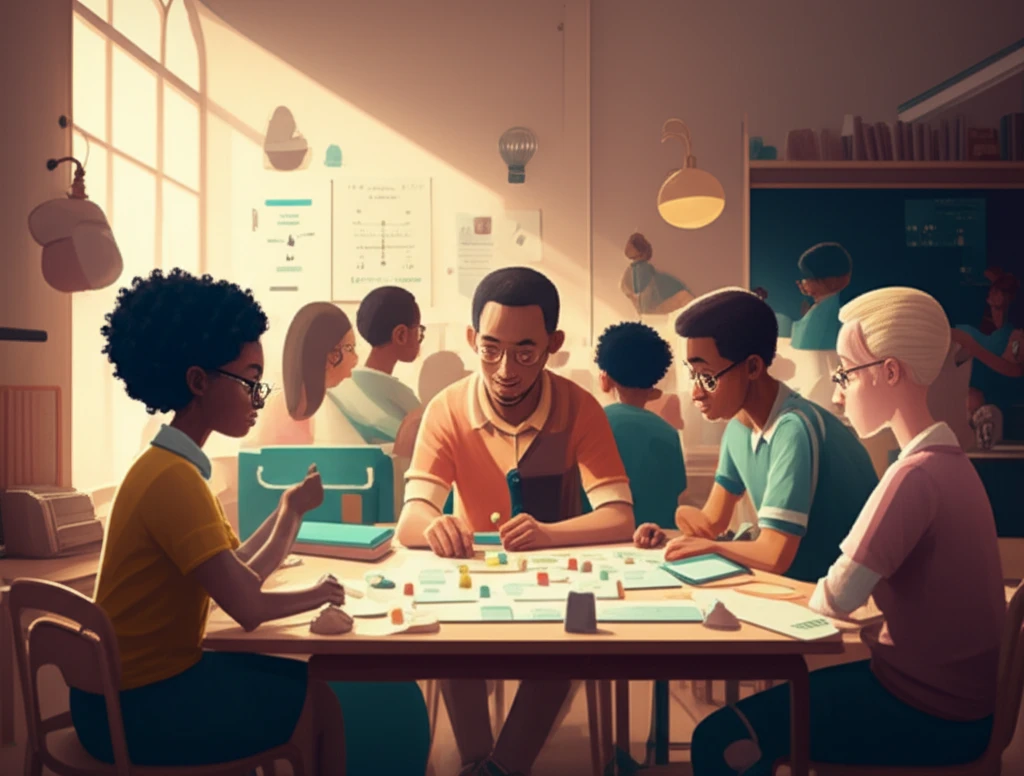
Level Up Your Learning: How Board Games Are Changing the Game in Education
"From Classrooms to College Campuses, Discover How Board Games are Helping Students Master Complex Concepts and Spark Innovative Thinking"
Remember those family game nights filled with laughter, strategy, and maybe a little bit of friendly competition? Well, those games are making a comeback, but not just in your living room. They're infiltrating classrooms, universities, and even corporate training programs, proving that the lessons learned at the table can be just as valuable as those learned in a lecture hall.
This isn't about replacing traditional teaching methods; it's about enhancing them. Board games offer a hands-on, interactive approach to learning that can make complex topics more accessible and engaging. They encourage collaboration, critical thinking, and problem-solving skills – all while providing a healthy dose of fun.
This article dives into the educational revolution fueled by board games. We'll explore how these games are being used across various disciplines, what makes them such effective learning tools, and how they're shaping the future of education.
The Board Game Advantage: Why They're Perfect for Modern Learning

In a world saturated with digital distractions, board games offer a refreshing alternative. They provide a tangible, social experience that encourages face-to-face interaction and collaboration. This is a stark contrast to the often isolating nature of digital learning, which can leave students feeling disconnected.
- Hands-on Learning: Games provide a tactile experience, making abstract concepts more concrete.
- Engagement: The element of play keeps students motivated and interested.
- Social Interaction: Games foster communication, teamwork, and social skills.
- Critical Thinking: Games require strategic planning, problem-solving, and decision-making.
- Immediate Feedback: Players learn from their mistakes and adjust their strategies accordingly.
The Future of Learning is Here: Embrace the Game
The integration of board games into education is more than just a trend; it's a testament to the power of play. By embracing this innovative approach, educators can create more engaging, effective, and enjoyable learning experiences. So, the next time you're looking for a way to learn a new skill or understand a complex concept, remember: the answer might be at the bottom of a box, ready to be discovered.
